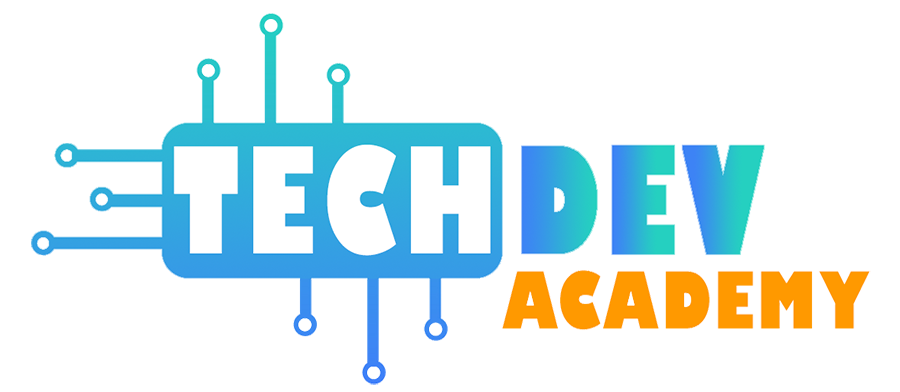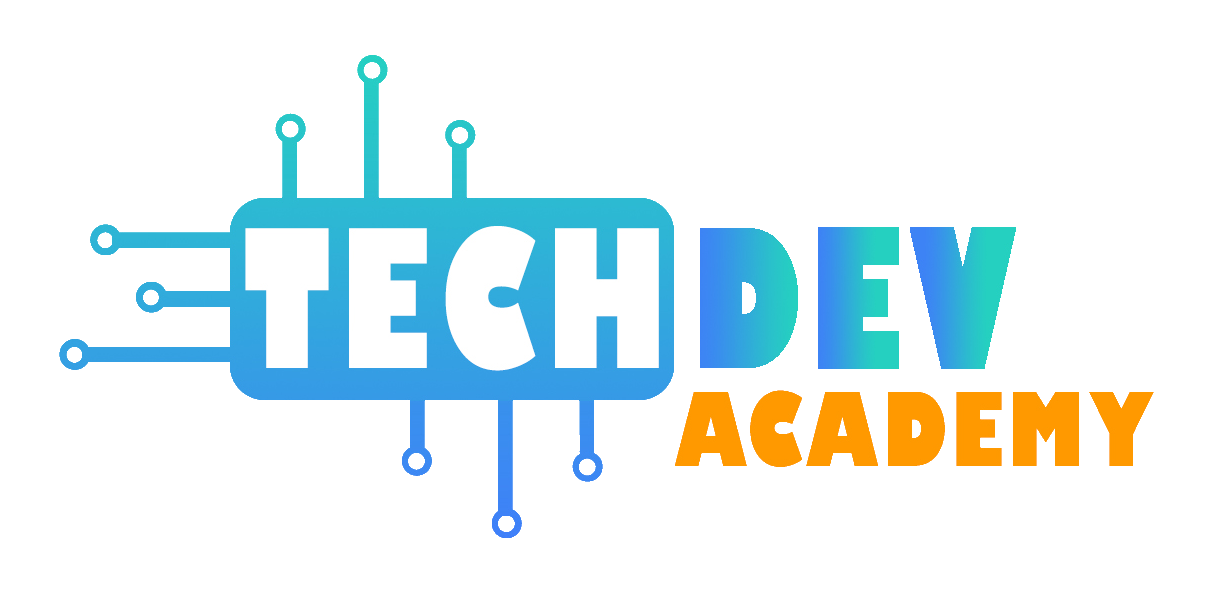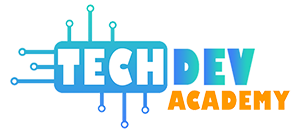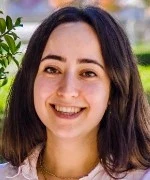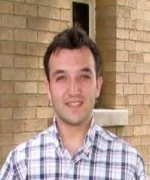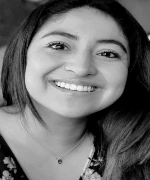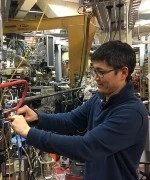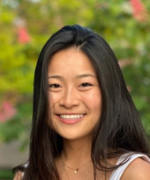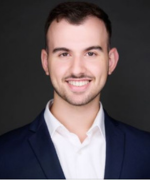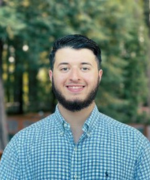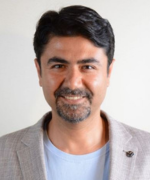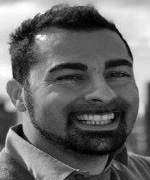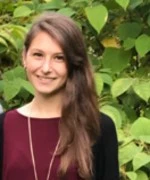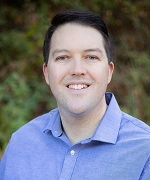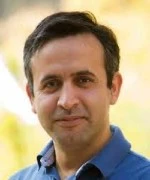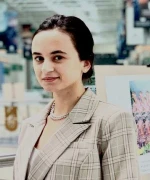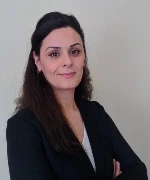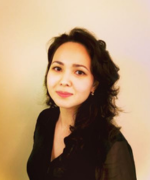

The Pros and Cons of Rolling Admissions
For high school students, transitioning to college is of pivotal importance in their academic journey. Students put together their applications and personal statements and submit those applications to the colleges they wish to study within a set deadline. These are regular admissions. Rolling admissions are slightly different from regular admissions. They open after the deadline for regular admissions has passed. Students submit their applications and they are reviewed as soon as they are received.
These types of admissions have both advantages and disadvantages. That’s why we have put together this blogpost which dissects the pros and cons of rolling admissions. If you are ready to jump into college life, follow us through this blog post and learn more about rolling admission so that you can make more informed decisions about your college life.
Pros of Rolling Admissions
Let’s see what can be the potential benefits of rolling admissions for high school students.
Flexible Admission Period
One of the primary benefits of rolling admissions is that they provide an extended window of applications. Unlike regular admissions, which require students to submit applications within a strict deadline, rolling admissions accept and review applications for a longer period. It provides students with a generous period to apply, decreasing the pressure associated with the application process.
This flexibility can be particularly handy for those students who need extra time to refine their applications. As there isn’t any fixed deadline, students also have the option to apply later in the admission cycle providing an opportunity to add something more to their application.
Results Arrive Early
Another advantage of this type of admissions is a quick turnaround time. Regular admissions have fixed dates when the results of admissions are notified. But in the case of rolling admissions, colleges review applications as soon as they receive them and respond rapidly.
You get to know the result of your application timely and quickly which means that you don’t have to wait for days fearing that your application might get rejected. Early feedback reduces the stress and uncertainty that comes with the application process.
You get to know quite rapidly whether you’re selected, rejected, or on the waiting list. This is highly beneficial to make future choices more carefully. You may want to reconsider your college selection strategy or choose an alternative option depending on whether or not you’re selected for your dream college.
Flexibility in the Choice of School
Rolling admissions also offer flexibility in choosing the ideal school. This is because rolling admissions provide a longer period for decision-making. College applicants are usually rushed to meet the deadlines and it leaves them with little time to think about their preferences, goals, and what different colleges offer.
The ease of time that comes with rolling admissions allows students to reconsider different options like which college best fits their goals, financial aid, and program offerings. In this way, they can make a better and more informed decision about which college to choose.
Better Application Evaluation
Rolling admissions allow your application to be assessed promptly. Colleges swiftly review your merits, achievements, and potential contributions and it makes evaluation more personalized. Colleges quickly identify what sets you apart from the crowd. As the admission committees aren’t in a rush, they identify your strengths and weaknesses which increases your odds of success.
To make sure that your application is evaluated carefully, try submitting it early. While rolling admissions offer the flexibility of time to apply, applying early maximizes the chances that the college will consider your application meticulously.
Less Competition
Most students apply to colleges through regular admissions. This means fewer applicants are competing for the rolling admissions. Moreover, in the case of rolling admissions, colleges review applications continuously throughout the admission cycle. This means that you aren’t directly competing with others applying at the same time as is the case in regular admissions.
If you have missed the deadline for an early decision or still haven’t figured out which college you want to join, you can keep rolling admissions as a comparatively less competitive option on your list.

Cons of Rolling Admissions
While this type of admissions have their set of advantages, you must also be aware of their cons so that you can make better decisions.
You Must Apply Early
Yes, rolling admissions provide flexibility of time, but you’ll likely miss out on most of the advantages that we have covered above if you apply late. Rolling admissions are usually on a first-come, first-served basis. So it becomes kind of crucial for the students to apply early in the cycle.
If you aim to apply for scholarships or financial aid, applying early is even more important for you. Most colleges allocate funds on a first come first served basis so early applicants stand a better chance of securing these offers.
Limited Slots
Rolling admissions don’t offer as many seats as regular admissions do. Colleges have a finite number of slots for popular programs, residence halls, and financial packages. So it’s pretty evident that not everyone who applies for a rolling admission gets every facility.
So to get the most out of the rolling admissions, it is advised to apply early. This increases your chances of admission and getting other needed facilities.
Low Graduation Rates
For this type of admissions, the road to graduation might look different for everyone. This mix of timelines often leads to somewhat low graduation rates. Rolling admissions let students start and finish their college journey at different times. So the variety of students that come and leave at different times lowers the graduation rates of a college.
Colleges that accept rolling admission continuously fail to build a cohesive student body as different students have different timelines. This translates to different students graduating at different times and lower graduation rates.
Important Rules and Constraints
Colleges that offer rolling admission may have important standards and deadlines to meet. Rolling admissions may set specific guidelines. Being aware of these guidelines is necessary for making informed decisions.
The Bottom Line
In this blog post, we have discussed the major advantages and disadvantages of rolling admissions. The crux of the topic is that rolling admission is a safer and flexible option for you but due to limited slots and college resources available, you can miss out on most educational facilities or perhaps don’t get admission at all if you don’t apply in time.
To learn more about the admissions process, download our free guide for college admissions and get ready for every step of this journey.
